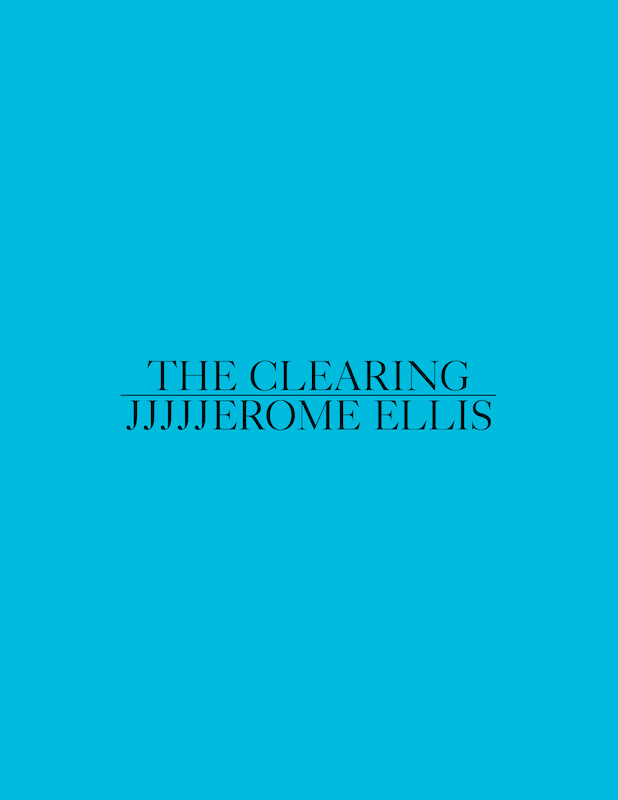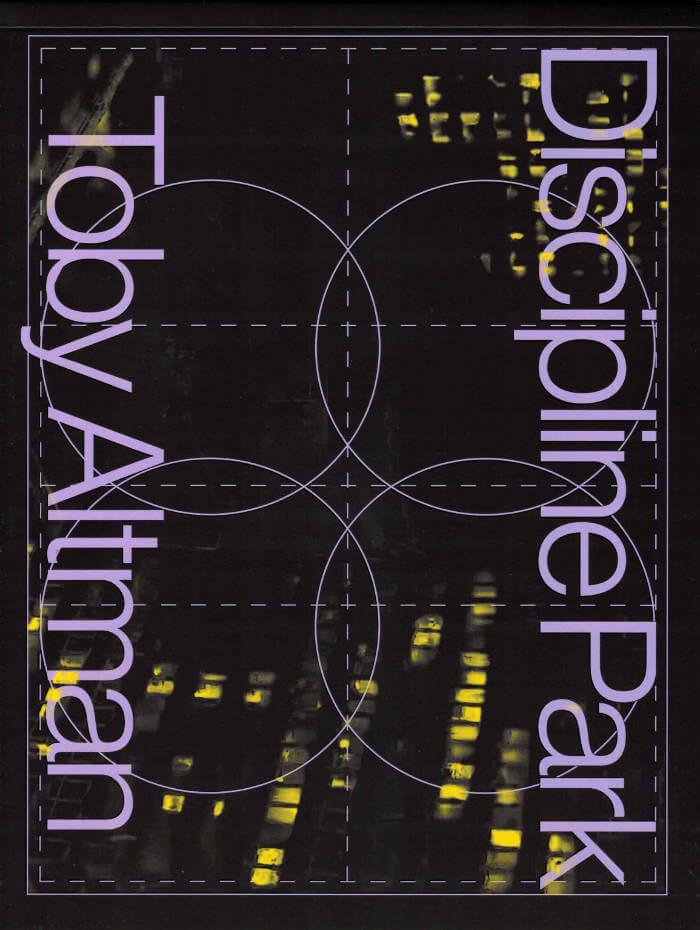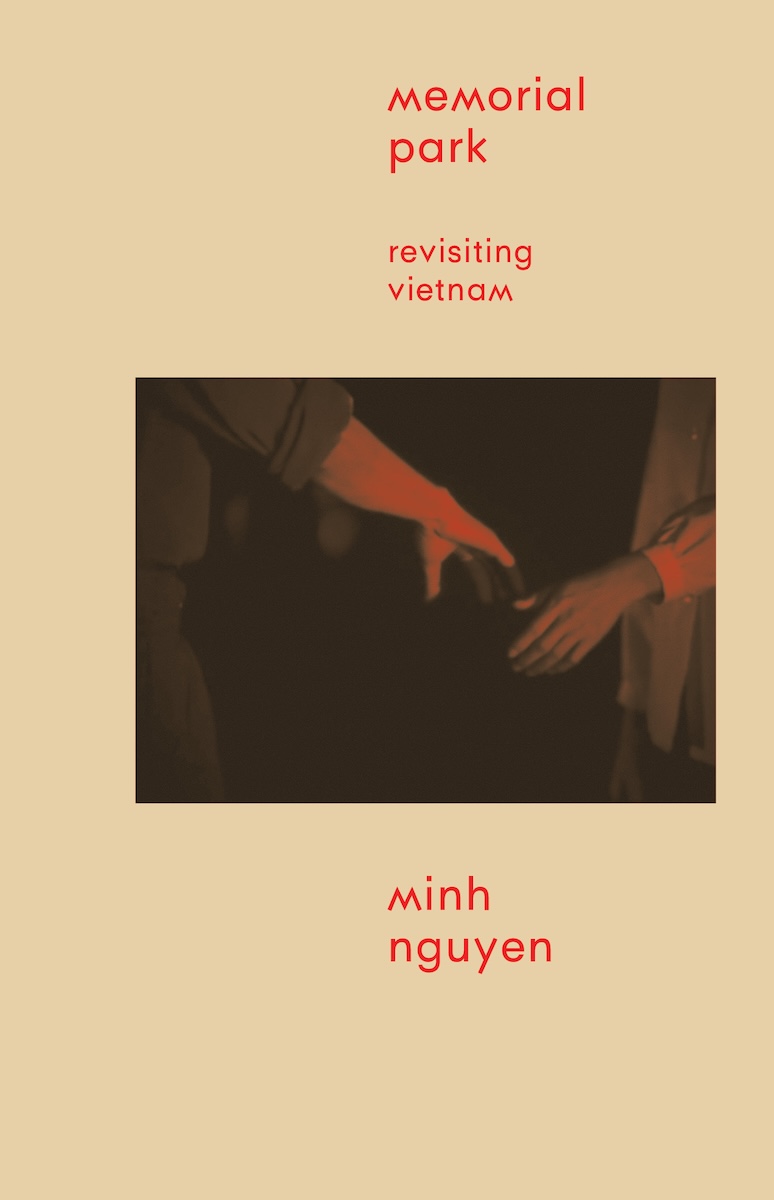
The Clearing
JJJJJerome Ellis’s The Clearing asks how stuttering, blackness, and music can be practices of refusal against hegemonic governance of time, speech, and encounter. Taking his glottal block stutter as a point of departure, Ellis figures the aporia and the block as clearing to consider how dysfluency, opacity, and refusal can open a new space for relation. Stemming from Ellis's essay "The clearing: Music, dysfluency, Blackness, and time,” published in 2020 in the Journal of Interdisciplinary Voice Studies (Volume 5, Issue 2) the present volume transcribes and translates his investigation across genres and media, turning to the page to ask: How can a book bear the trace of music, and the racialized, disabled body? Can a book be not just a manuscript, but a glottoscript? Ellis opens space for thinking liberation theoretically, historically, and lyrically.
"The Clearing is many things: a lyrical celebration of and inquiry into the intersections of blackness, music, and disabled speech; a restless interrogation of linear time; an intimate portrait of the author’s real-time experience of his stutter; a baptism in syllable and sound; and a manuscript illuminated by The Stutter. At its core, Ellis’ metaphor of the clearing becomes a place of possibility and “momentary, transitory, glimpsed liberation.” He invites us to meet him there."—Claudia Rankine







